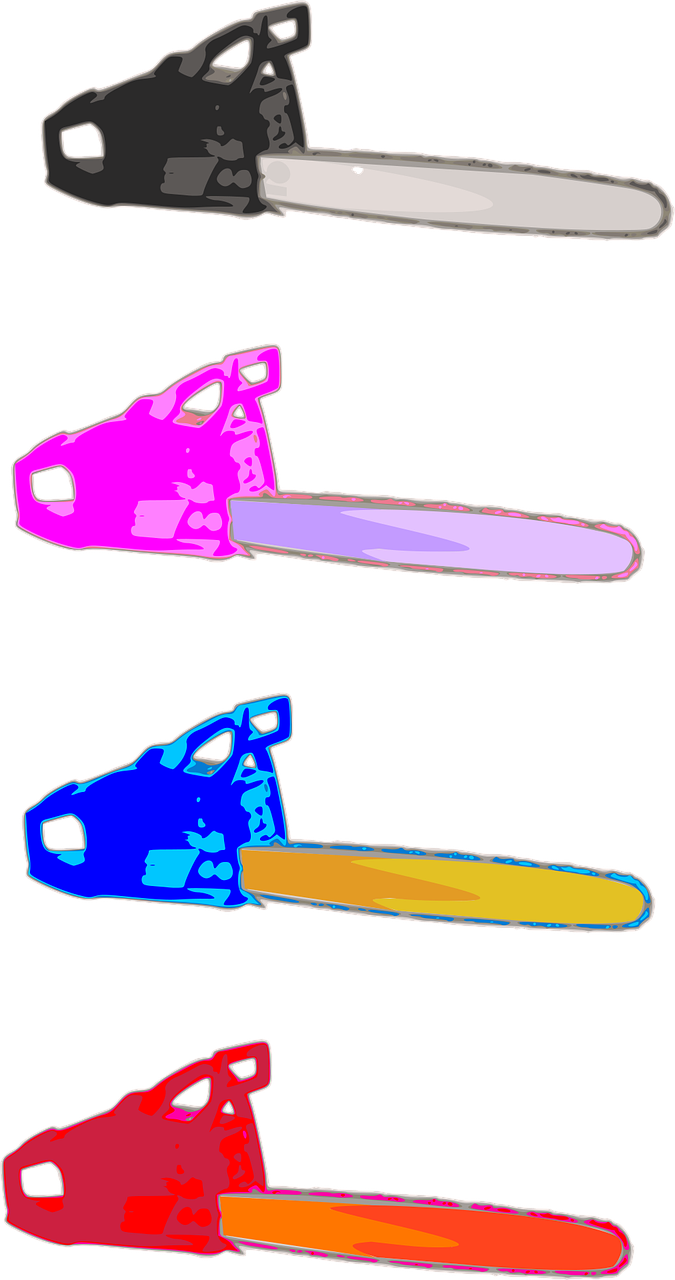By international affairs specialist Glen Hodgson of Swedish think tank Free Trade Europa
The American author Norman Vincent Peale is quoted as saying that any action is better than no action at all. When it comes to certain elements of the green agenda in Europe – and the Carbon Border Adjustment Mechanism (CBAM) in particular – then the opposite is true. CBAM should be scrapped on account of the negative economic, trade and political impact that it will have.
There is no right way to do a wrong thing and tinkering with a fundamentally flawed piece of legislation is simply the wrong approach for the EU. European business will be hurt by higher prices which will be directly brought about by this wrong-headed legislation. In short, EU competitiveness on the global stage will suffer while trade tensions will impact the EU’s global standing as a guardian of free, fair and open trade, as well as harming the Global South through the creation of unnecessary barriers. Going further, a greater administrative burden and extra costs as a direct result of CBAM will have a larger negative effect on SMEs. It is time for EU Climate, Net Zero and Growth Commissioner Wopke Hoekstra to wake up to realities that are blatantly obvious and kill this legislation before it causes more harm.
📊 SMEs are not directly regulated by CBAM, but they are not safe from its effects.
💳 Larger firms will pass down compliance requirements, forcing SMEs to track and report emissions they cannot control.
📃 The administrative burden could be severe.
4/6 pic.twitter.com/vhfMbVf8lE
— EPICENTER – European Policy Information Center (@epicenterEU) September 23, 2025
Removing the noose
The EU’s Carbon Border Adjustment Mechanism (CBAM) has raised the ire of commentators in Europe and abroad since its inception and risks undermining the EU’s industrial competitiveness and climate ambition at exactly the moment Europe needs to secure both.
The European Commission is striving to lead the world in clean and digital transitions, while simultaneously hoping that the EU can remain globally competitive. The Carbon Border Adjustment Mechanism aims to inaugurate a system that charges extra fees on imported goods from countries where carbon is less heavily priced than in the EU. In theory, CBAM aims to discourage companies which are heavy polluters from moving their operations overseas (to regions with more lenient environmental rules than Europe) by penalizing those products, thereby helping environmentally friendly products to compete, even if they cost more to produce in the EU. This new legislation is set to come into full effect in January 2026 but will widely miss the mark in terms of its intended goals.
Experts warn EU’s carbon border scheme is punitive, and dramatically reduces the space for developing countries to achieve growth and to create jobs.
Europe's green protectionism is wicked and will drive Africa into China's arms
👉https://t.co/ylvaa4OOyv pic.twitter.com/PXVU7c9cKm
— Net Zero Watch (@NetZeroWatch) July 14, 2023
Why CBAM is the wrong mechanism at the wrong time
In the coming years, there will be increasingly higher costs attached to carbon emissions in Europe. This is managed through the European Emissions Trading Scheme (the ETS). Together with CBAM, these instruments will drive up the costs of products like steel and aluminium and harm industries that rely on these materials for manufacturing.
From the very beginning, the impact of this legislation was not properly considered. It was certainly not designed for the problems that Europe is facing now: that European manufacturers need to be able to do business at home before they can successfully sell abroad. As of next year, CBAM will make this considerably harder while huge cost increases will impact manufacturers. Many of these shortfalls are set out by Carlo Stagnaro in his new paper for Epicenter: “Europe’s Carbon Border Adjustment Mechanism: When Good Intentions Pave a Highway to Hell”.
The EU’s Carbon Border Adjustment Mechanism (CBAM) aims to create a level playing field by applying carbon costs to certain imports, but risks unintended economic and trade consequences. For example, while intended to prevent carbon leakage, CBAM’s selective scope – which targets only a selection of intermediate goods – will disadvantage downstream EU industries that rely on these now costlier inputs.
Furthermore, the phase-out of free carbon allowances will increase production costs for EU exporters, potentially reducing their competitiveness in global markets and encouraging offshoring. SMEs will also suffer since larger firms are forced to pass down the compliance burden, including the requirement to track and report on embedded emissions. The complex reporting obligations and unverifiable emissions data increase administrative burdens and liability risks for importers, especially during the transition period. There will be a requirement for intense data collection, verification, and monitoring, which is burdensome for both businesses and regulators.
Moreover, CBAM risks exacerbating global trade tensions when the established order is already being turned on its head. CBAM is holding out a red rag to a bull and inviting retaliatory measures from major trading partners and potentially fragmenting international markets into the bargain. The Global South sees CBAM as thinly disguised protectionism and not evolved climate policy. Many developing nations rely on exports of cement, steel, aluminium, fertilisers, and electricity – the very goods covered by CBAM. These nations often lack the resources to decarbonise at EU standards and face steep compliance costs or loss of competitiveness. As such, poorer economies will be punished and global climate justice undermined.
Turkey, Ukraine and Serbia will be hit worst, proportionally, by the EU's new climate tariff, #CBAM: https://t.co/JdECqsTWWi pic.twitter.com/7QJeHL0D5I
— Pieter Cleppe (@pietercleppe) April 21, 2024
Time to pull the plug
Global climate action depends on collaboration, technology transfer, and mutual trust. CBAM however risks being perceived as Europe imposing its rules extraterritorially. Instead of encouraging other countries to tighten their climate policies, it will likely harden resistance and make multilateral agreements harder to reach. On the whole, CBAM will weaken trust in EU climate leadership, harm relations with trade partners, burden developing countries, and increase costs for EU businesses – while delivering limited environmental gains compared to cooperative international climate policy. It is high time that this unwelcome legislation is killed off once and for all.
These MEPs supported subjecting imports to a new EU climate tariff, called “Carbon Border Adjustment Mechanism (CBAM)», to compensate for EU climate policies burdening European industry, thereby once again hitting European consumers: pic.twitter.com/JN6vLNHo8T
— Pieter Cleppe (@pietercleppe) April 18, 2023
Disclaimer: www.BrusselsReport.eu will under no circumstance be held legally responsible or liable for the content of any article appearing on the website, as only the author of an article is legally responsible for that, also in accordance with the terms of use.













